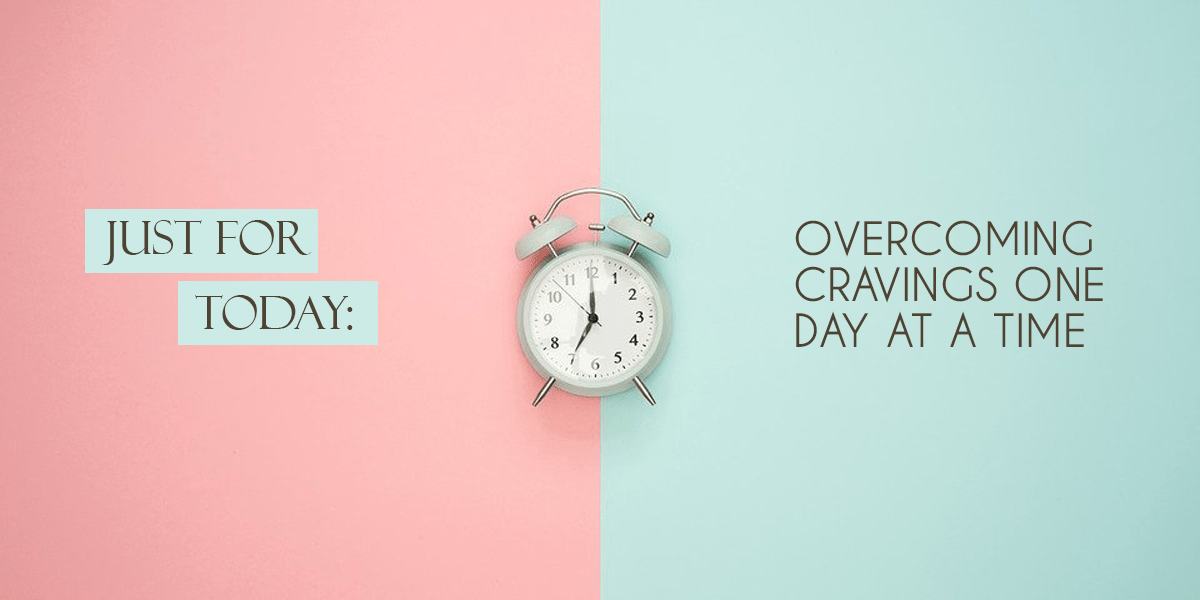
Overcoming cravings are one of the most challenging parts of addiction recovery, especially in the early days. Cravings can be a mental and physical response to no longer using drugs or alcohol. Cravings are incredibly intense during the detox and withdrawal period, but they can persist long after.
- The sensation of craving isn’t exclusive to drugs and alcohol. These urges to do something are part of everyday life for everyone.
- For example, you might crave a particular food. Under normal circumstances, it might not be a big deal, but if you’re trying to lose weight, that craving can be problematic and keep you from achieving your goals.
- With cravings, it’s important to recognize they’re going to happen and identify strategies for dealing with them when they do.
- Coping with these urges is one of the big things you learn during rehab.
Physical craving is where you have a physical response to wanting drugs or alcohol.
- Physical cravings are part of withdrawal, and those cravings will eventually lessen as you go deeper into your recovery.
- Mental cravings are emotional, and they can take longer to subside.
- Mental cravings might lead you to fixate on the thought of using drugs or alcohol, or you can get the idea in your head that you need the substance right away.
You can deal with both by learning positive coping mechanisms and remembering to take it one day at a time. Taking it one day at a time is good for overcoming cravings and dealing with other challenges you might encounter in your recovery.
One Day at a Time in Addiction Recovery
Not just cravings, but your full recovery may be built on the concept of taking it one day at a time, but what does that really mean?
One-day-at-a-time is a phrase you’ll hear in 12-step programs and recovery circles, but the reality is that it’s sage advice no matter what your situation.
As far as the 12-step model, Alcoholics Anonymous Bill Wilson once said:
“On a day-at-a-time basis, I am confident I can stay away from a drink for one day. So I set out with confidence. At the end of the day, I have the reward of achievement. Achievement feels good and makes me want more.”
- Taking things one day at a time helps us let go of the past, and perhaps guilt or shame we might feel from that.
- We can also stop feeling anxiety for the future and plant ourselves firmly at the moment.
- Mindfulness and being in the moment is something you’ll work on a lot in addiction treatment.
- Being mindful and living in the present is something many people aspire to, even when they aren’t struggling with addiction.
Often, when you’re in recovery, and especially at the start, you may feel apprehensive. It can be a considerable undertaking to think about a lifetime of sobriety and what that will look like. Rather than thinking that way, which may be overwhelming, just think that you have to stay sober today. That’s all you have to manage at this moment.
There’s something in AA called the 24-hour plan. Rather than swearing off drugs or alcohol for your entire life, you concentrate on the 24 hours you’re presently in. If you have a craving or an urge, you’re not resisting or yielding. You’re just putting it off until tomorrow, at which point you’ll deal with those 24 hours.
You only worry about today, and there’s a power in that. You eventually learn over time that you can manage those cravings for much longer than 24 hours.
Why Is It Important to Stay Present?
Even outside of a coping mechanism for cravings, staying in the present is valuable in your life.
- When you’re in the present, you can reduce your stress and improve your focus.
- You can build emotional resilience, and you can find what inspires you.
- Staying present helps you begin to rebuild strong emotional connections with the people around you and spend meaningful time with loved ones.
Many people find when they practice mindfulness, they’re able to stop being a bystander in their life and become connected with everything around them. In recovery, that’s so valuable. Being present is great for mental health and spiritual wellness.

Strategies for Dealing with Cravings
While being present and taking it one day at a time is one way to deal with cravings, there are other strategies you can include in your life while overcoming cravings.
Something you’ll work on in your treatment program is learning your triggers. Your triggers can be anything—people, places, or things. These triggers make you want to drink or use drugs.
Triggers can often fall into one of four general categories.
- Pattern—these are the things and places that make you want to use again, and they can also include significant events, the time of day, or the season.
- Social—social triggers involve one person or a group of people you associate with drinking or drug use.
- Emotional—whether it’s sadness, anger, anxiety, or happiness, there may be emotional triggers that contribute to cravings when you feel a certain way.
- Withdrawal—this is something we talked about above, and withdrawal cravings are a physiological response as your body tries to regain a sense of normalcy without the presence of substances.
You can work on identifying and uncovering triggers so that you can avoid them if possible. If you can’t avoid them, you can proactively have strategies in mind about how you’ll deal with them when they occur.
Tips for dealing with triggers and cravings that are also in line with mindfulness and taking things one day at a time include:
- Avoidance. As mentioned, for some people and some triggers, avoidance can work. For example, you may find a new social group after rehab to avoid people you associate with using drugs or alcohol.
- Maintain healthy behaviors. Focusing on eating well, exercising, and getting rest can help you avoid cravings and deal with triggers. You’re filling your time and your mental space with other priorities.
- Find things you enjoy. Maybe you learn an instrument, practice yoga, or start painting.
- Regularly practice meditation and relaxation exercises. If you’re feeling the pull of a craving, sit down and do a meditation, even just for five minutes. This will bring you back to the present and help you regain a sense of control.
- Attend support group meetings.
- Change how you think about cravings. Sometimes people will panic when they experience a craving. You might feel out of control. Work to know that craving is something you can ride out like a wave. Retain or regain control of how you view it. Speak optimistic empowering statements out loud if that helps you. Remember that all cravings end.
- Track how you’re feeling with a journal.
- Rely on your relapse prevention plan. When you’re in treatment, you can work with your care providers on a concrete strategy.
Approaching your battles “Just for today” might be some of the best advice you can put into practice in your recovery to manage cravings. If you’d like to learn more techniques for a successful recovery from addiction, call 866-600-7709 to talk to the team at Anchored Tides Recovery; we’re here to talk and answer questions that you may have.



























